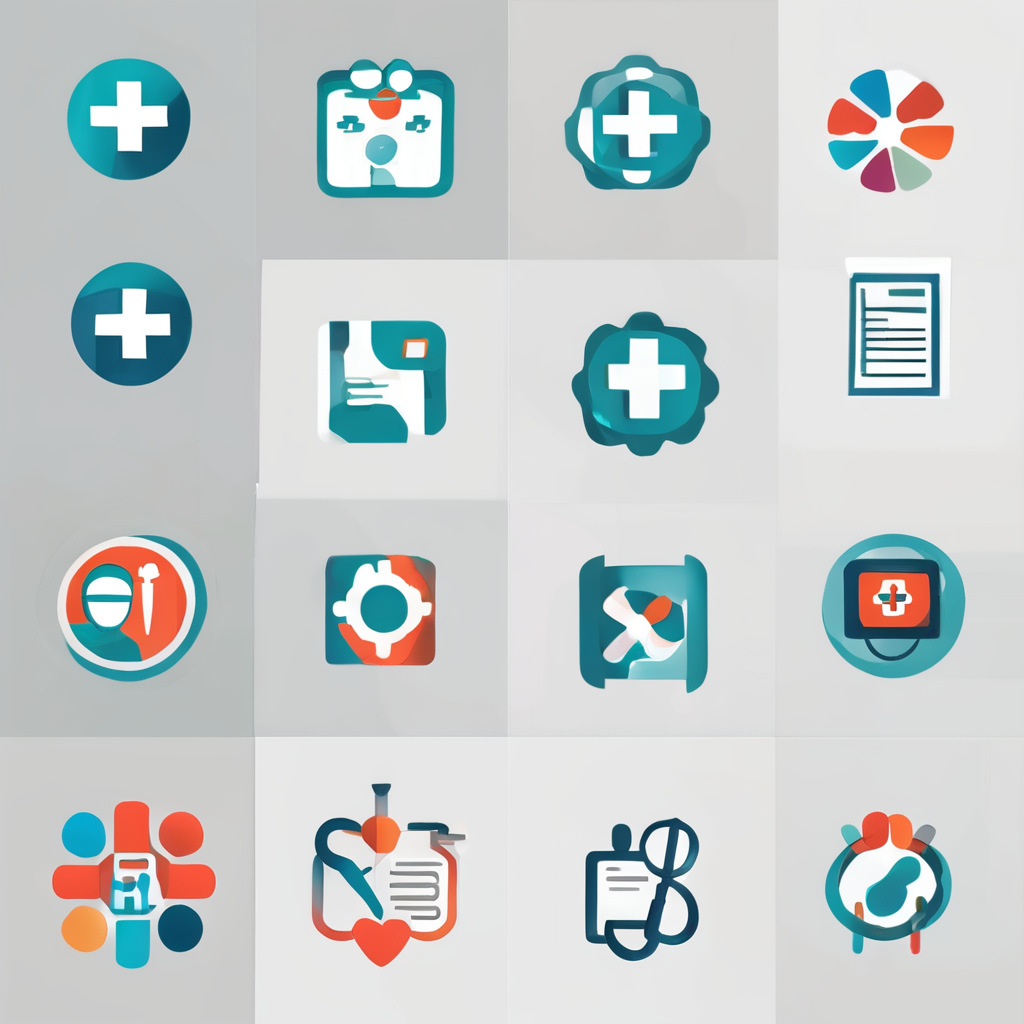In the realm of healthcare, ensuring patient adherence to treatment plans is a crucial yet multifaceted challenge that UK health professionals face. Despite advancements in clinical practices and the availability of innovative medications, the task of aligning patients with their prescribed therapeutic regimens remains daunting. Adherence is not merely about taking medication on time; it’s about fostering a sustainable partnership between healthcare providers and patients. This article delves into strategies that can bridge this gap, improve adherence, and consequently enhance health outcomes.
Understanding Patient Adherence: A Multifactorial Issue
Patient adherence, often misconstrued as a mere act of following medical advice, encompasses a broader spectrum of behaviors that influence health outcomes. Statistics suggest that a significant number of patients fail to follow prescribed treatment plans, leading to increased healthcare costs and deteriorating clinical results. A comprehensive study published in the British Medical Journal highlighted that non-adherence rates can range from 30% to 50% in chronic conditions.
Topic to read : How can UK health professionals enhance their skills in trauma-informed care?
Why Does Non-Adherence Happen?
Several factors contribute to this issue:
- Complexity of medication regimens: Multiple medications, varying doses, and timing can confuse patients.
- Lack of understanding: Patients may not fully comprehend the importance of their treatment plan.
- Side effects: Adverse effects may deter patients from continuing their medication.
- Cost: Financial constraints can lead patients to skip doses to stretch their medications.
Role of Communication in Adherence
Improving communication is pivotal. Health professionals should invest time in explaining the purpose of each medication, possible side effects, and the expected outcomes. A system that promotes open dialogue can significantly enhance trust and cooperation, fostering better adherence.
Leveraging Technology to Enhance Medication Adherence
In an era driven by technology, digital solutions offer promising avenues to tackle non-adherence. Implementing smart systems, like electronic pill dispensers or mobile health apps, can support patients in managing their treatment schedules.
The Role of Mobile Health Apps
Mobile applications can serve as reminders and provide data tracking, ensuring patients maintain their medication routines. A study published by the Digital Medicine Society found that patients using medication management apps reported a 25% increase in adherence rates.
Digital Communication Tools
Telemedicine and digital communication platforms can bridge the gap between providers and patients, fostering a consistent follow-up system. These tools allow health professionals to monitor patient progress and offer timely interventions when needed.
Challenges and Considerations
While technology offers many benefits, there is a need for custom solutions that accommodate varying levels of digital literacy among patients. It’s crucial for health professionals to guide patients in choosing and using these technological aids effectively.
The Impact of Personalized Care on Adherence
Every patient’s journey is unique, and a one-size-fits-all approach to care often falls short. Personalized treatment plans that consider individual patient needs and preferences can significantly enhance adherence.
Tailoring Treatment Plans
Personalized care involves customizing treatment plans to align with a patient’s lifestyle, preferences, and health needs. This approach boosts patient engagement and empowers them to take an active role in their healthcare journey.
Building a Supportive Environment
Creating a supportive environment extends beyond the clinical setting. Encouraging family involvement, providing access to support groups, and fostering a sense of community can enhance patients’ commitment to adhere to their treatment plans.
Importance of Education
Educating patients about their condition and treatment fosters a sense of ownership. Health professionals should focus on imparting knowledge that empowers patients to make informed decisions about their health. This educational effort goes beyond the initial consultation, requiring ongoing dialogue and support.
Continuous Monitoring and Follow-Up: A Key to Success
Ensuring that patients stick to their treatment plans requires more than an initial prescription or consultation. Continuous monitoring and follow-up are crucial components of effective medication management.
Implementing Regular Check-Ins
Scheduled follow-ups, whether in person or through digital platforms, ensure that patients remain on track. These check-ins provide opportunities to address concerns, adjust treatment plans, and reinforce the importance of adherence.
Utilizing Data for Better Outcomes
Data collection and analysis play a critical role in understanding patient adherence patterns. Health professionals can use this data to predict potential adherence issues and proactively intervene.
Role of Healthcare Providers
Healthcare providers must work collaboratively, sharing insights and strategies to create a cohesive support network for patients. Embedding a culture of continuous improvement within the practice can lead to enhanced patient outcomes and satisfaction.
The challenge of enhancing patient adherence to treatment plans requires a concerted effort from all stakeholders involved in the healthcare process. By leveraging effective communication, embracing technology, personalizing care, and ensuring continuous support, health professionals can significantly improve adherence rates. Such strategies are not only pivotal for the management of chronic conditions but also essential for enhancing the overall health of patients. As the healthcare landscape evolves, so too must our approaches to fostering adherence, ensuring that patients are empowered, informed, and engaged in their health journey. The road ahead demands a harmonized effort, drawing on the strengths of both clinical expertise and patient-centered care.











